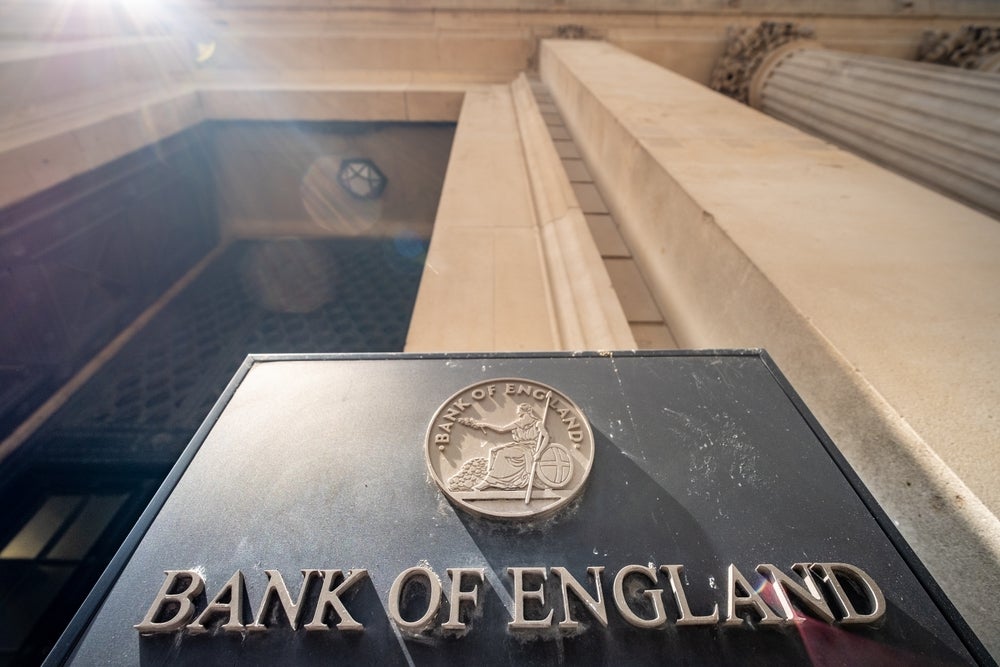It is just over two years since the landmark Paris Climate Agreement was signed, providing the framework for the private sector to support the transition to a low carbon economy. However, a new report examining climate management by 59 of the world’s largest banks suggests that the banking sector is failing to step up to the plate.
As probably the largest pool of assets in the capital markets, such urgent shortcomings by global banking giants could undermine efforts to meet the goals of the Paris Agreement.
The ‘Banking on a Low Carbon Future’ report by Boston Common Asset Management, and the result of an engagement backed by over 100 investors with almost $2 trillion in assets under management, warns that in areas such as ‘climate strategy’, ‘risk management’ and ‘low carbon opportunities’ the banking sector is failing to embed climate into its core practices.
Skin deep processes on climate
The investor report reveals that despite progress in some areas and several examples of individual best practice, the sector is failing to capture the risks and opportunities of climate change. Among the report’s findings, perhaps most troubling is that less than half (49%) of banks are implementing climate risk assessments or a 2oC scenario analysis. In turn, this reveals that decision-making on portfolio shifts is not being supported by robust data. Likewise, despite widespread disclosure of their low carbon products and services, only 46% of banks have set explicit targets to promote such products and services.
Red flags have also been raised over the fact that a majority of banks (61%) have failed to restrict the financing of coal – the most carbon intensive energy source. Meanwhile, the global banking sector provided $600 billion in financing for the top 120 coal plant developers between 2014 and September 2017. Additionally, only two in five banks (41%) ensure the trade associations or industry groups they are members of adopt progressive climate policies.
Such findings suggest that the commitments that the banking sector has made on green finance are not yet resulting in the type of embedded governance processes that investors would expect to see.
How well do you really know your competitors?
Access the most comprehensive Company Profiles on the market, powered by GlobalData. Save hours of research. Gain competitive edge.

Thank you!
Your download email will arrive shortly
Not ready to buy yet? Download a free sample
We are confident about the unique quality of our Company Profiles. However, we want you to make the most beneficial decision for your business, so we offer a free sample that you can download by submitting the below form
By GlobalDataChanging regulation and guidance
In Europe, the recent recommendations of the European Commission’s High-Level Expert Group (HLEG) on sustainable finance should increase the pressure on banks to act. The objective of HLEG is to help ‘hardwire’’ the consideration of long-term material risks into the policies of all EU capital market players including banks, with specific ideas to incentivize green financing and lending being recommended.
The analysis was also one of the first to consider how the banking sector is aligning with the Taskforce on Climate-related Financial Disclosures (TCFD) – the new climate risk framework introduced by financial heavyweights Mark Carney and Michael Bloomberg.
The report found that while banks are taking some steps forward, they could be doing much more. It is encouraging to note that more than half (54%) of the banks assessed support TCD at some level, with Barclays already having performed a gap analysis to compare its reporting against the TCFD recommendations and Westpac having conducted a TCFD-aligned climate change scenario analysis. On the other hand, only two out of 59 banks have asked their carbon intensive sector clients to adopt the TCFD recommendations.
Signs of progress too
Although the banking industry’s performance in fighting climate change has clearly been underwhelming, that is not to say the sector has completely neglected the issue. Among the commendable actions taken is that almost all the banks assessed in the report are involved in industry or multi-stakeholder groups to advance knowledge-sharing and collaboration around climate risks and solutions. It is also encouraging that 95% have adopted some degree of governance for climate issues internally and have provided some disclosure on low-carbon products and services. Meanwhile, 71% have adopted public exclusion policies for the financing of the most intensive high-carbon sectors, such as tar sands.
With the signing of the Paris Agreement, political leaders answered the call of the public to prioritize the fight against climate change. However, the international banking sector has been slow to fund it. Some $12 trillion of investment is needed by 2030 in renewable power generation alone, presenting a tremendous opportunity that the world’s banks are currently sleeping on.
Investors are calling on banks to take four key actions. First, banks must disclose their climate risk in line with TCFD recommendations. Similarly, banks need to publish a company-wide, forward-looking strategy aligned with the Paris Agreement. As well, investors want to see banks set clear targets to increase and promote low-carbon products or services. Finally, banks need to disclose public policy positions related to climate change and influence trade associations to take progressive positions on climate legislation.
Incorporating these best practices and a much wider implementation of climate risk assessments and climate scenarios analyses would go a long way in showing that the banking sector has more than a just a skin-deep commitment to green finance.
Lauren Compere is a managing director and the director of shareholder engagement at Boston Common Asset Management, an employee-owned investment management firm specialising in U.S. and international responsible investing. Lauren has worked in the responsible investment industry for over 20 years and has 14 years of experience in global responsible investing.





